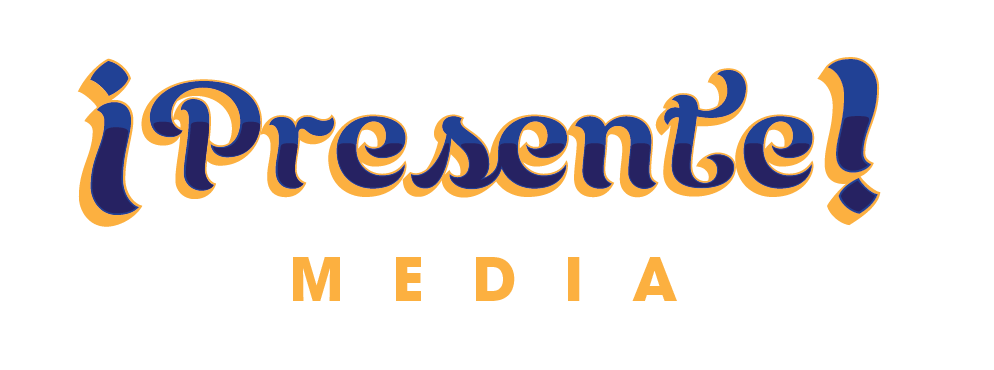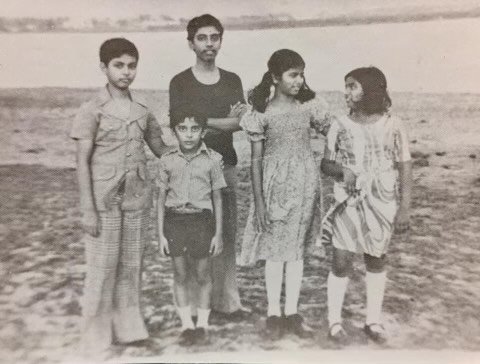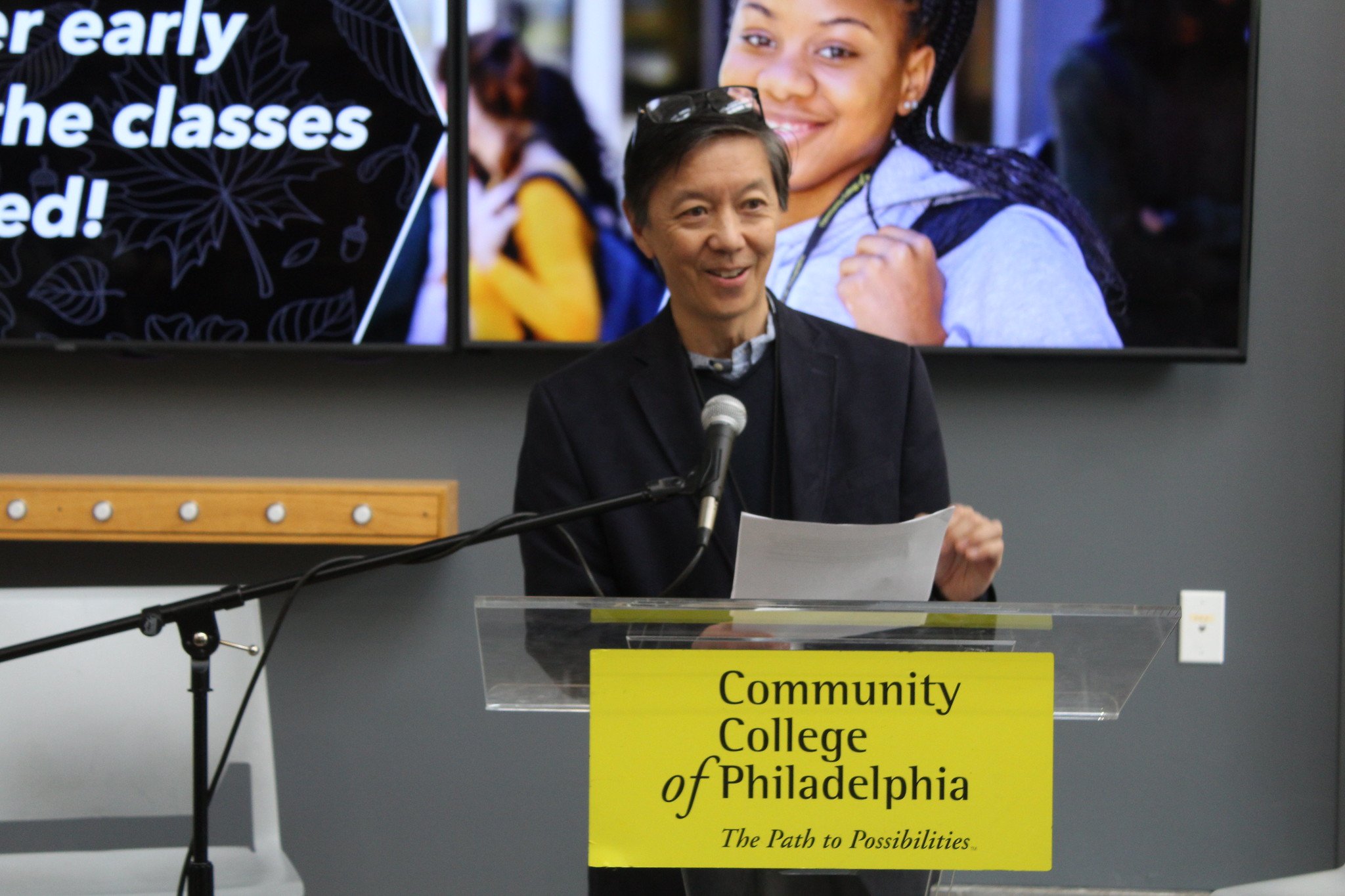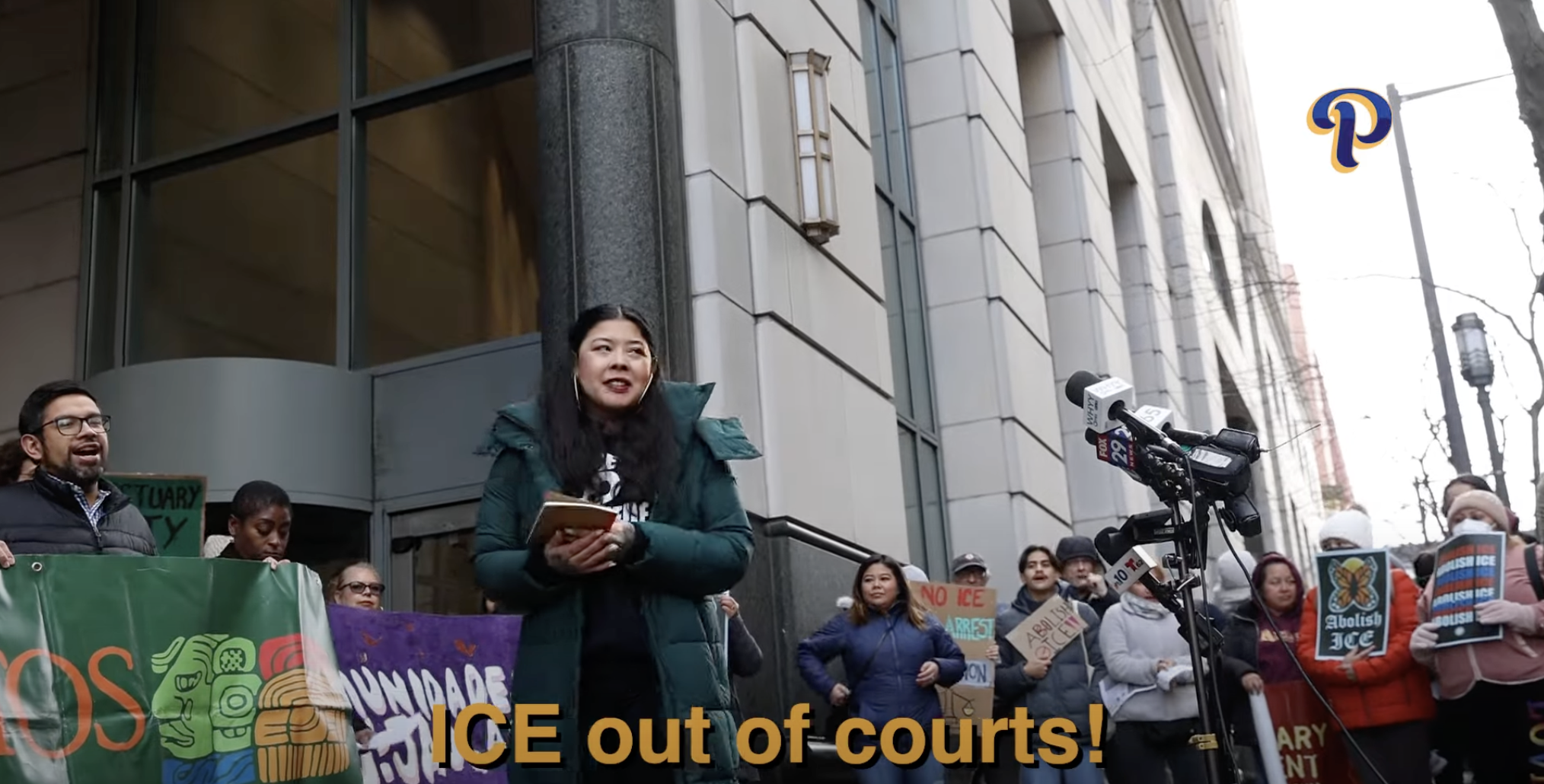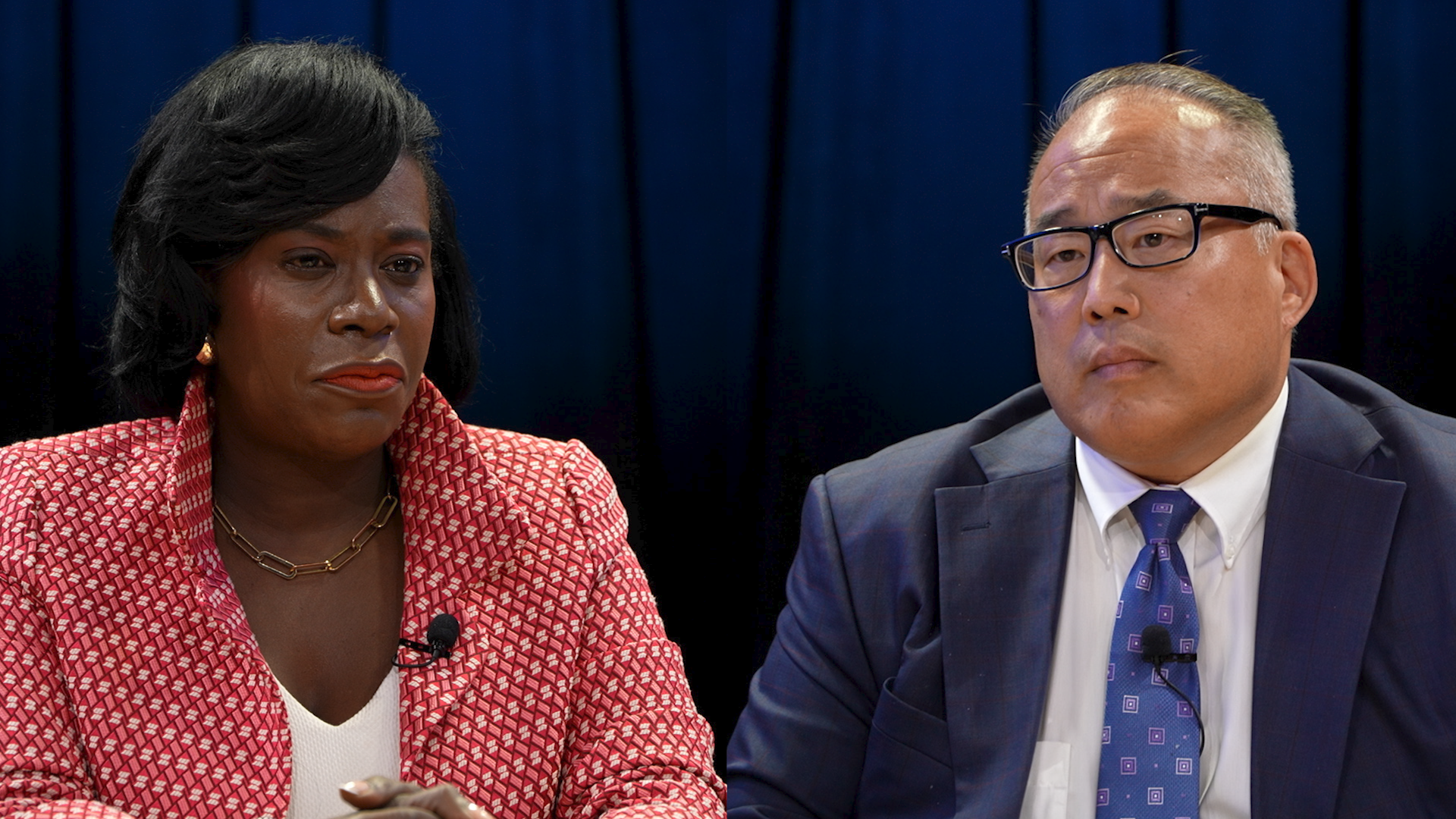Philadelphia's Immigrant Communities Won't Stay Silent — The Next Mayor Must Listen
BY SILVIA FERRER ON MAY 12, 2023
Attendees of the Mayoral Open House and Candidates Forum on Saturday, April 29 (Courtesy of Yuebing Hong, ChineseinUS.org)
Despite their generational and racial differences, Maria Del Carmen Díaz and Kavi Shahnawaz have the same hope for the upcoming election: to be heard and seen. Díaz immigrated to Philadelphia from the city of Veracruz, Mexico 26 years ago. Shahnawaz is a second-generation Bangladeshi-American and a high school senior at Central High School. Both have experienced the pain and exclusion that comes with the inability to vote. Neither is letting that fact impede their civic engagement or silence their voice.
Kavi Shahnawaz, Senior at Central High School (Courtesy of Kavi Shahnawz)
“We cannot be ignored. We must be heard… I want (candidates) to understand what happens to us. That’s what it’s all about — them opening their hearts so they can advocate for us,” said Díaz.
One thing that candidates must understand about Philadelphia, said Shahnawaz, is that it is a melting pot. The Pew Charitable Trust reports that the city’s demographics have changed significantly from the 2000s to 2021. Currently, immigrants make up 15 percent of Philadelphia’s population. From 2000 to 2016, there was a 69 percent increase in residents born outside the U.S.
The Shahnawaz Family (Courtesy of Kavi Shahnawz)
The top three countries of origin among immigrants in the city hail from China, the Dominican Republic and India. Data also shows that immigrants have highly contributed to the economy and revitalization of the city; from opening small businesses, being an important part of the restaurant workforce, and reinvigorating deteriorated areas reminiscent of what the Mexican community did in South Philly’s Puebladelphia.
Shahnawaz’s own parents immigrated from Bangladesh in 1998. Growing up in West Philadelphia, they’ve seen firsthand the hurdles that their community faces to become civically engaged, including the difficulty to become naturalized, the sentiment that immigration issues are not a priority, and the lack of language diversity in voting materials.
The Philadelphia City Commissioners Department states that Voter Registration Applications are available in 16 languages: English, Spanish, Chinese (Traditional), Chinese (Simplified), Arabic, Bengali, French, Haitian Creole, Hindi, Japanese, Khmer, Korean, Russian, Portuguese, Tagalog and Vietnamese.
“There are only a handful of languages that voting materials come in and Bangla isn’t one of them. Hindi is, and Indian languages have some similarities to Bangla, but there are some differences that make it hard to understand. It’s like you were a Spanish speaker but the closest thing you had was Italian,” said Shahnamaz.
Maria del Carmen Díaz, advocate for domestic workers and longtime Philadelphia resident, in her home (Courtesy of Maria del Carmen Díaz)
Díaz, however, belongs to the population of the immigrant community that is unable to register to vote, regardless of language, due to her citizenship status. Although she cannot make her voice heard in the voting booth, Díaz has found other ways to uplift her concerns. As an active member of the domestic workers union, she’s spoken directly to the city council and staff members of the mayor’s office. “I’ve always told them — do not ignore me. I am here. Look me in the eyes, I have a name,” she said.
Between three jobs, her involvement in the domestic workers union, and her responsibilities as her family’s matriarch, Díaz makes time to canvas, volunteer with organizations, and speak with community members about the importance of their vote. “I say to my community: I cannot vote but do it for me. Uplift my voice, since you have that power. If you do not have the power to vote, convince others, or motivate them to vote. Your vote creates change,” she stated. She also said that more of the eligible immigrant community would be motivated to show up to polling stations if politicians fulfilled their campaign promises.
“People don’t vote because they’re demoralized. They’re promised a lot and nothing ever happens,” said Díaz. One of the most important promises Díaz hopes candidates will fulfill is to simply become more involved with the immigrant community. She was surprised to hear of one mayoral candidate who was going door-to-door to meet with businesses and shake hands with residents. That sort of recognition and humility, she stated, is impactful.
There are several organizations in Philadelphia that are creating spaces for the immigrant community to engage directly with candidates. Among them is United Voices for Philadelphia, a coalition of diverse voices that includes organizations and community leaders in support of the growing immigrant and refugee community in Philadelphia. United Voices for Philadelphia hosted an immigrant-focused Mayoral Open House and Candidates Forum on April 29 that allowed attendees to meet with mayoral, city council, judicial, and row office candidates. In a promotional flier, the organization stated that this was a “crucial opportunity for underheard immigrant and refugee communities to hold primary candidates accountable for protecting and advocating for them.”
Approximately 250 residents attended the Mayoral Open House and Candidates Forum on Saturday, April 29 (Courtesy of Yuebing Hong, ChineseinUS.org)
The event attracted about 250 people, according to Andy Toy, one of the founders of United Voices for Philadelphia. The organization’s approach was to include several underrepresented communities in order to create a larger voice for all. The organization made an effort to include Latines, Asian populations, those who speak a language in addition to English at home and other groups who are often marginalized due to their size in the event.
City council, city commissioner, sheriff, city controller, the registrar of wills, and mayoral candidates were present — more than 50 in total. Candidates were asked how they would ensure that immigrants and underrepresented populations would be equitably represented in city government and decision-making as well as how they would protect immigrants in Philadelphia, among other questions.
Andy Toy, founder of United Voices for Philadelphia, speaking at the Mayoral Open House and Candidates Forum (Courtesy of Yuebing Hong, ChineseinUS.org)
Like Díaz, Toy stated that the first step to bridge the gap between the immigrant community and candidates is to step foot into the surrounding neighborhoods. “Not just showing up,” he stated, “but finding partners and leaders in the community who are linked to the community.”
He was optimistic about the progress that the city had made in its outreach to immigrant communities, citing the Office of Immigrant Affairs’ commitment and Philadelphia’s new status as a welcoming city. “My hope is that we get a good leader… We need a leader who understands that and is unwilling to tolerate anti-immigrant or anti-refugee hate,” said Toy.
Díaz was similarly optimistic about the future of Philadelphia — but her hope lies with the children of immigrants.“It’s important that they keep us in mind. Maybe I can’t vote but we have citizen children and we can push our children to vote. Why ignore me?” she stated.
This article is a part of Every Voice, Every Vote, a collaborative project managed by The Lenfest Institute for Journalism. Lead support is provided by the William Penn Foundation with additional funding from The Lenfest Institute, Peter and Judy Leone, the John S. and James L. Knight Foundation, Harriet and Larry Weiss, and the Wyncote Foundation, among others. To learn more about the project and view a full list of supporters, visit www.everyvoice-everyvote.org. Editorial content is created independently of the project’s donors.
